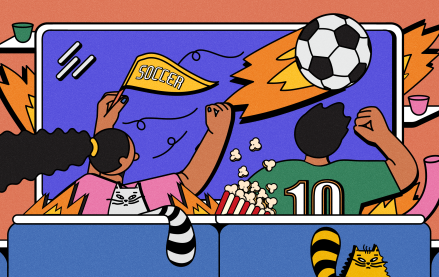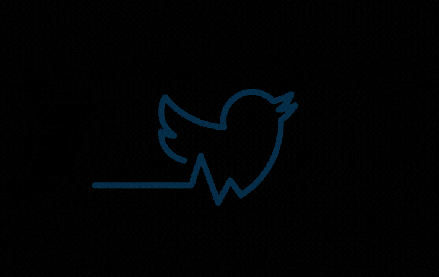Google has taken a beating the past week for letting ads appear next to extremist content, but the world’s second-largest advertiser is unfazed.
Unilever CMO Keith Weed said at Advertising Week in London that the consumer goods giant has not suspended its investment in Google products like YouTube. Weed also revealed the consumer goods giant is negotiating with Google in private, as public negotiations “aren’t as powerful” to his team.
Google is under fire from marketers, agencies and publishers over YouTube ads next to extremist content. Google’s Europe president, Matt Brittin, has apologized for the problems and vowed the company will do better. Brittin said just a “handful” of impressions were the problem.
Weed said the controversy is a giant distraction from more pressing issues for brands in 2017.
For him, the industry is too often guilty “of jumping on one issue at a time.” Instead, he said, the focus should be on challenges “across the board” like viewability, verification and value, as well as ad fraud. “We need to stand back and not roll from one issue to another,” he added.
As one of the world’s biggest advertisers, Unilever’s voice carries a lot of weight. Weed urged to focus on more fundamental industry challenges, such as common standards and an overcomplicated digital media system.
“We need to make sure we compete in a more effective media world, but we also need to hold ourselves to account,” he said.
More in Marketing

Ahead of Euro 2024 soccer tournament, brands look beyond TV to stretch their budgets
Media experts share which channels marketers are prioritizing at this summer’s Euro 2024 soccer tournament and the Olympic Games.

Google’s third-party cookie saga: theories, hot takes and controversies unveiled
Digiday has gathered up some of the juiciest theories and added a bit of extra context for good measure.

X’s latest brand safety snafu keeps advertisers at bay
For all X has done to try and make advertisers believe it’s a platform that’s safe for brands, advertisers remain unconvinced, and the latest headlines don’t help.






